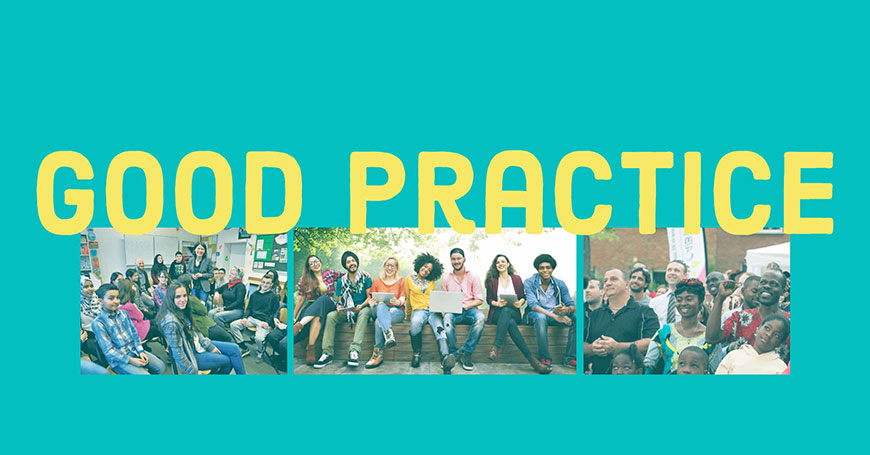Intercultural cities: good practice examples

The first step is the adoption (and implementation) of strategies that facilitate positive intercultural encounters and exchanges, and promote equal and active participation of residents and communities in the development of the city, thus responding to the needs of a diverse population. The Intercultural integration policy model is based on extensive research evidence, on a range of international legal instruments, and on the collective input of the cities member of the Intercultural Cities programme that share their good practice examples on how to better manage diversity, address possible conflicts, and benefit from the diversity advantage.
This section offers examples of intercultural approaches that facilitate the development and implementation of intercultural strategies.
The Intercultural Calendar
Purpose: A calendar for different religious, cultural and international celebrations Stimulus/Rationale: Process: Together with the integration representatives of each Berlin district, Neukölln...
Women in intercultural dialogue
Purpose: A space for mothers from different background to share, learn and to pass onto their children. Stimulus/Rationale: Process: Berlin-Neukölln supports the organisation “LebensWelt” (“Living...
Auckland’s support for its diverse entrepreneurs
Purpose: Programmes, competitions and spaces that encourage innovation and collaboration amongst Aucklanders from all kinds of backgrounds. Stimulus/Rationale: Tātaki Auckland Unlimited 's diverse...


